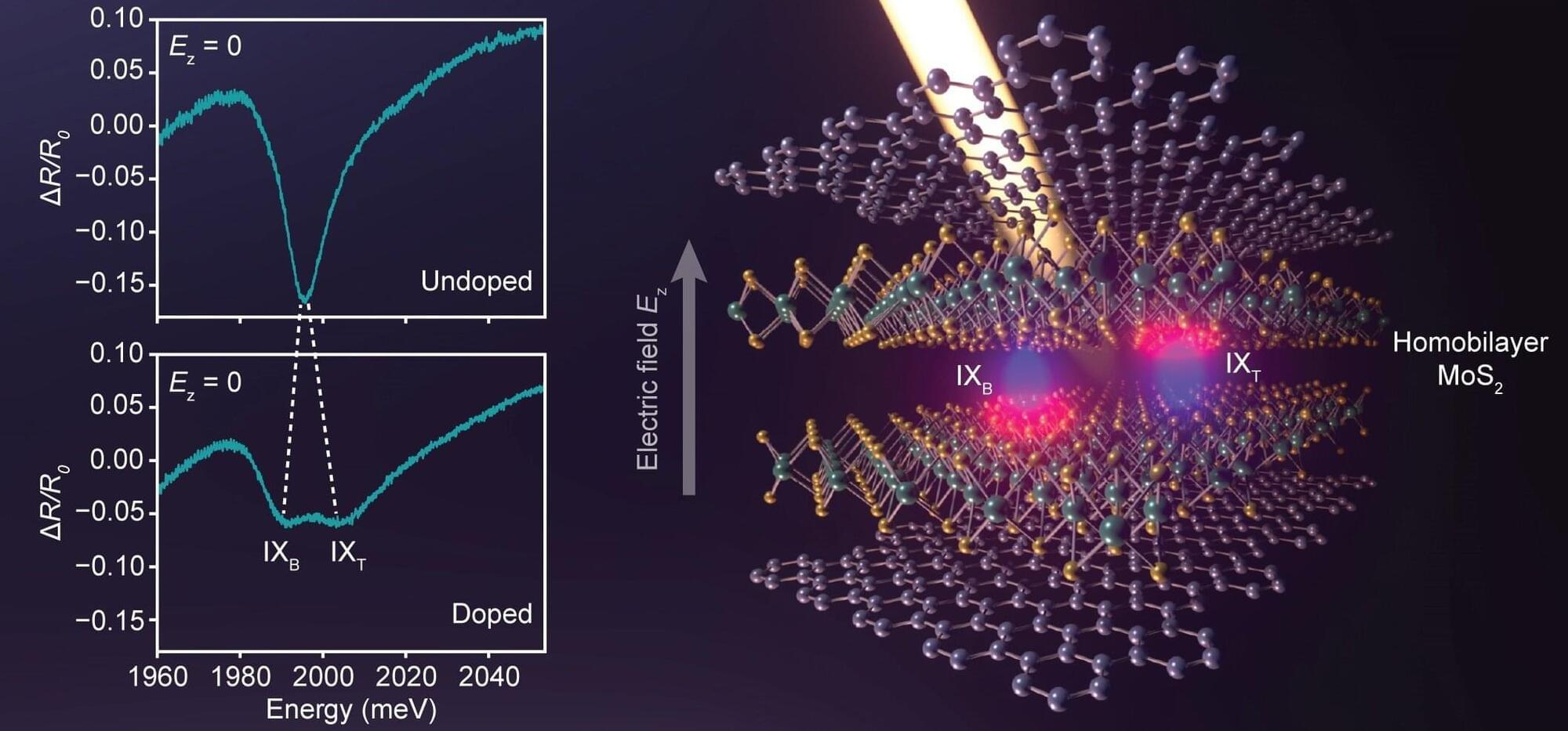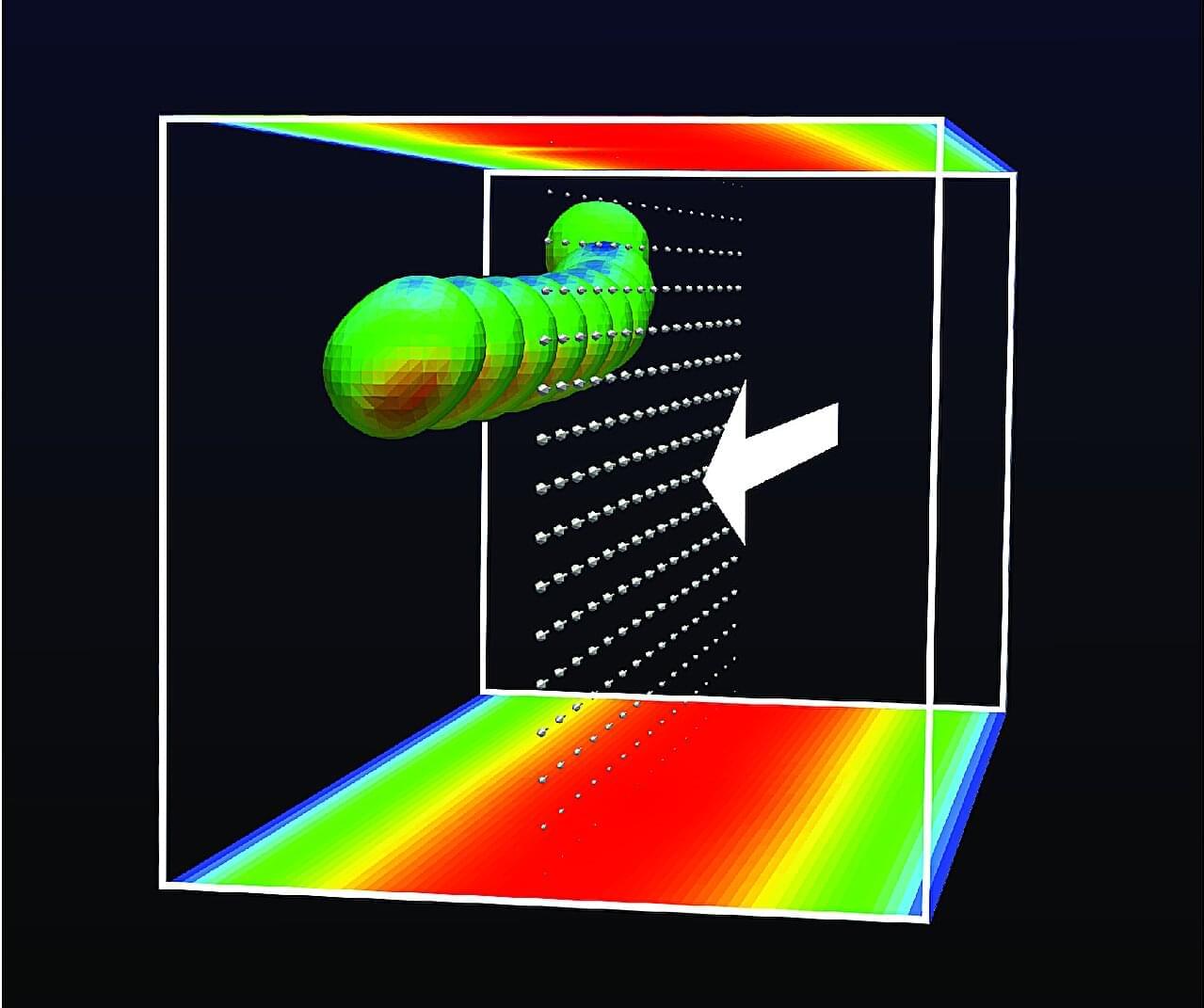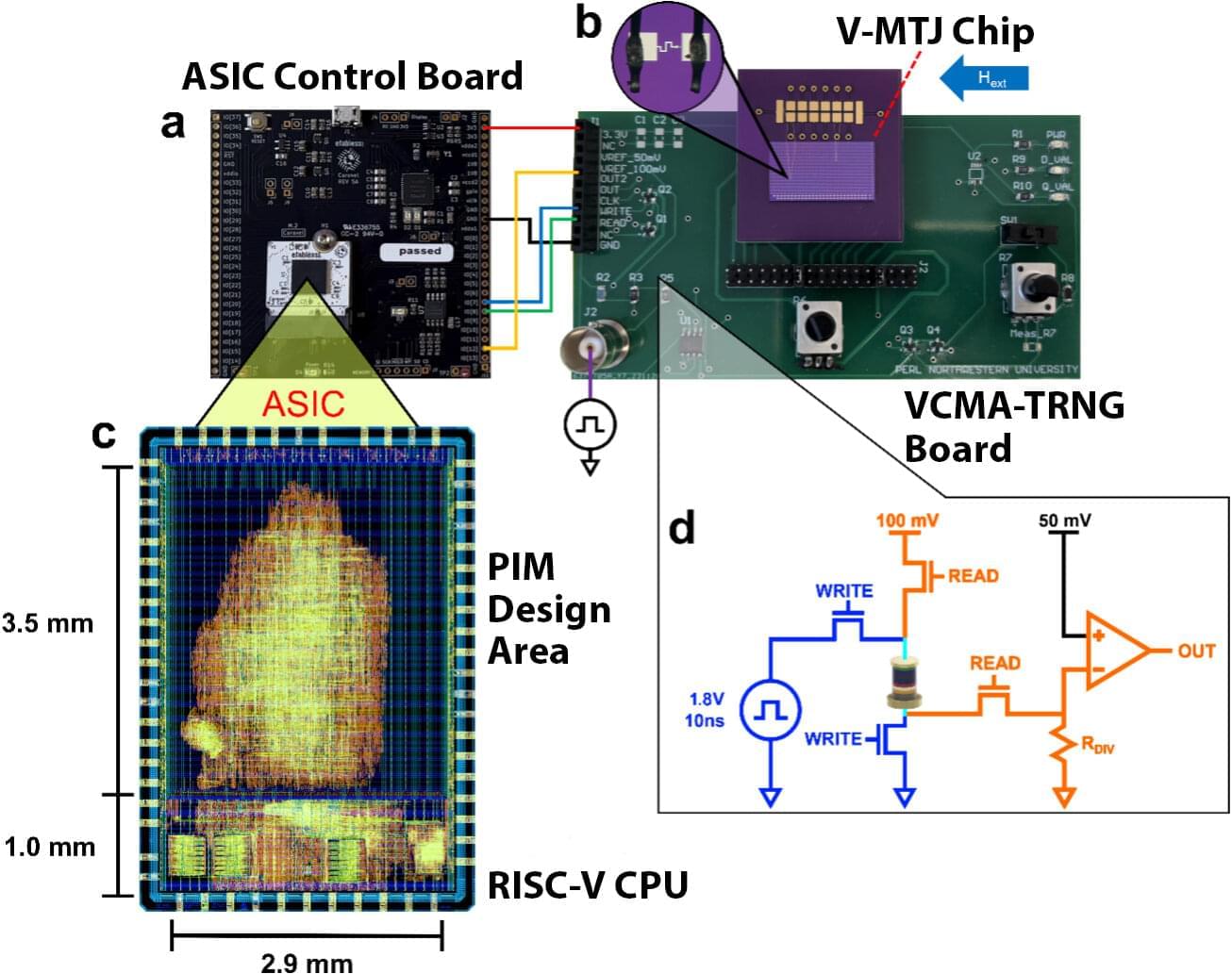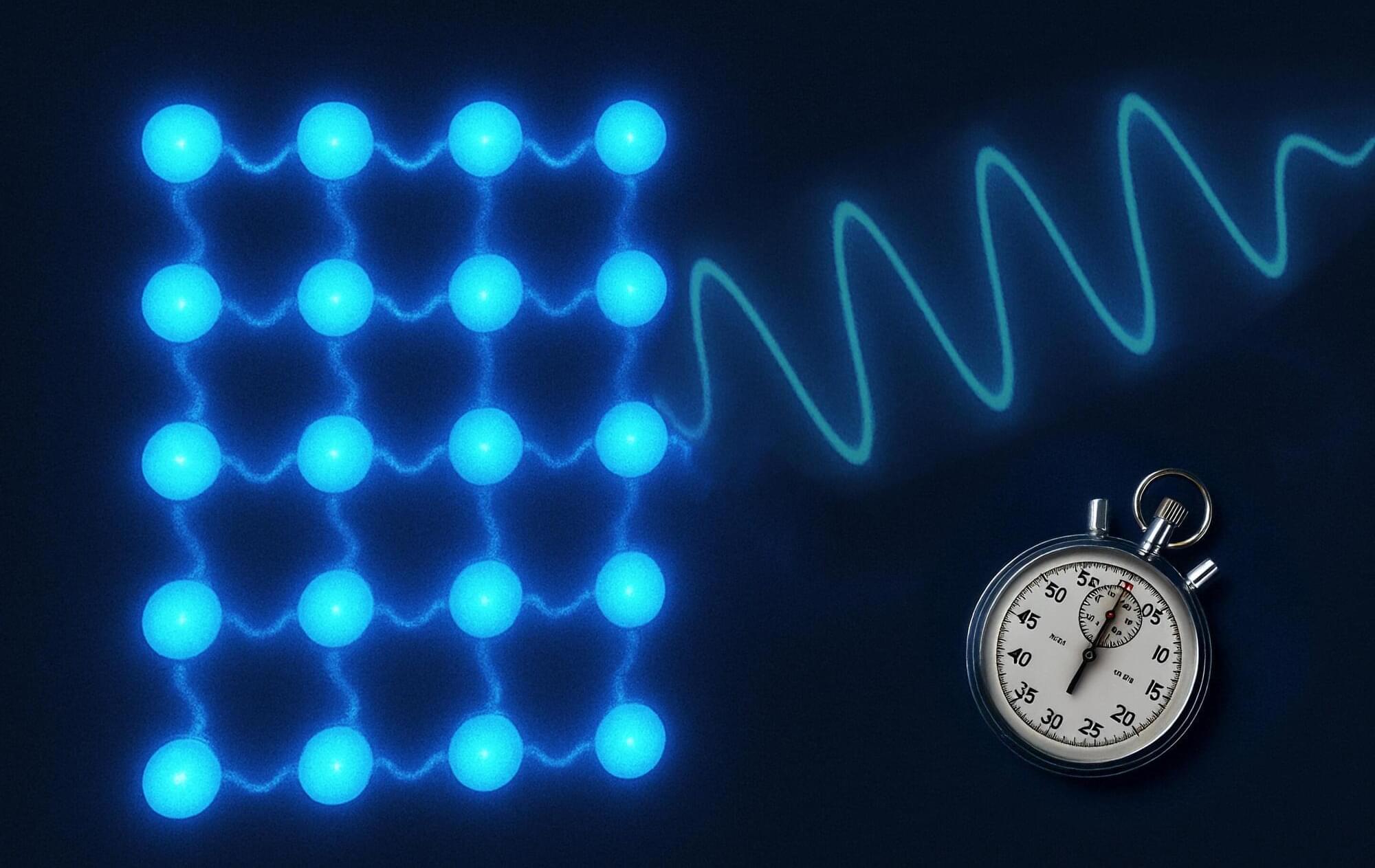Excitons, bound states between an electron (i.e., a negatively charged particle) and a hole (i.e., the absence of an electron) in materials, are a key focus of condensed matter physics studies. These bound states can give rise to interesting and uncommon quantum physical effects, which could be leveraged to develop optoelectronic and quantum technologies.
Over the past few years, physicists have observed a particular type of excitons, known as interlayer excitons, in various materials with two layers (i.e., bilayer materials). An interlayer exciton is a bound state between an electron and a hole that reside in two different layers of a material.
Researchers at Harvard University and other institutes recently observed an unconventional hybridization between interlayer excitons in a bilayer semiconductor, comprised of two layers of molybdenum disulfide (MoS₂).








